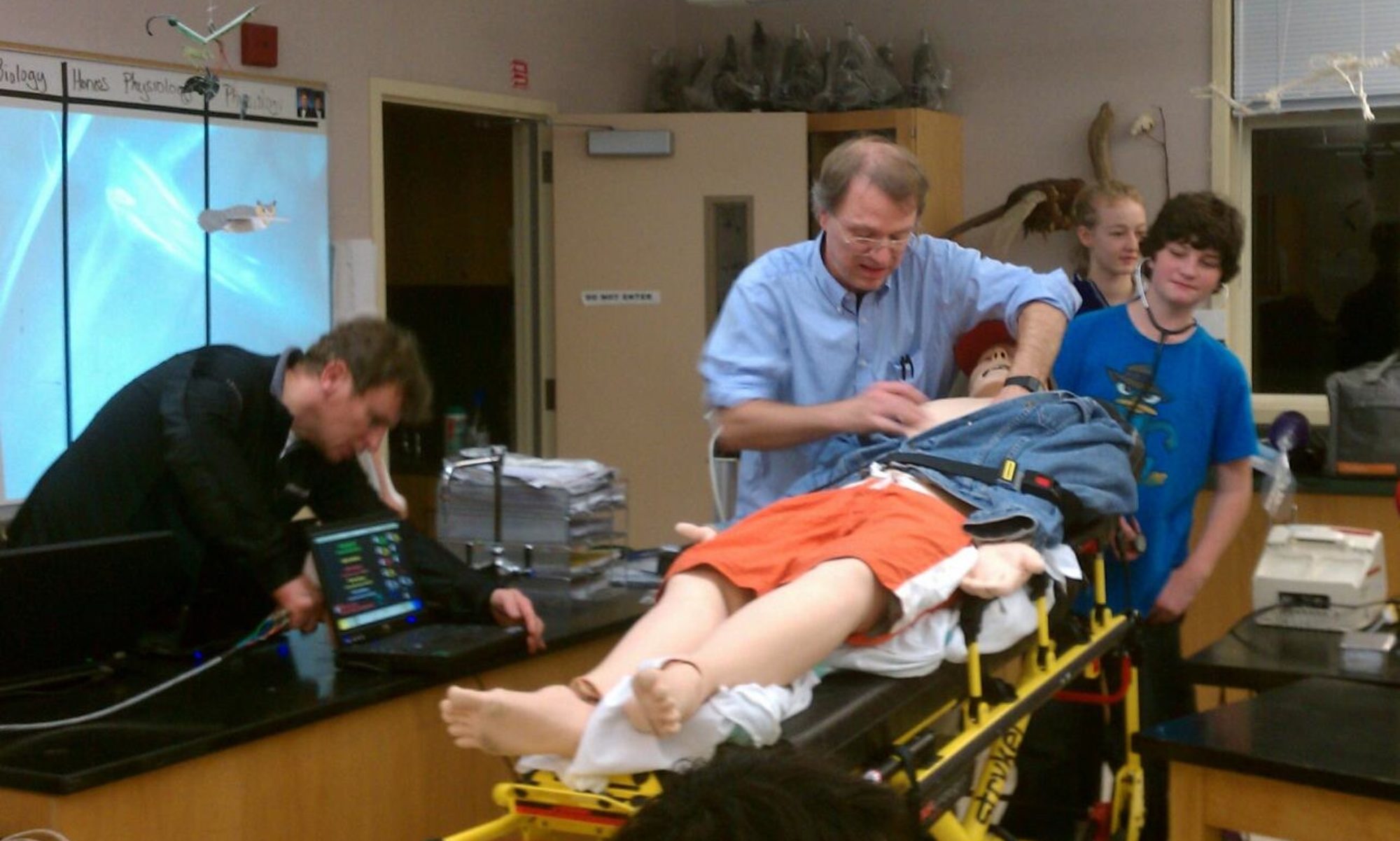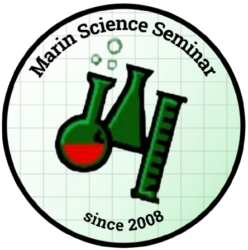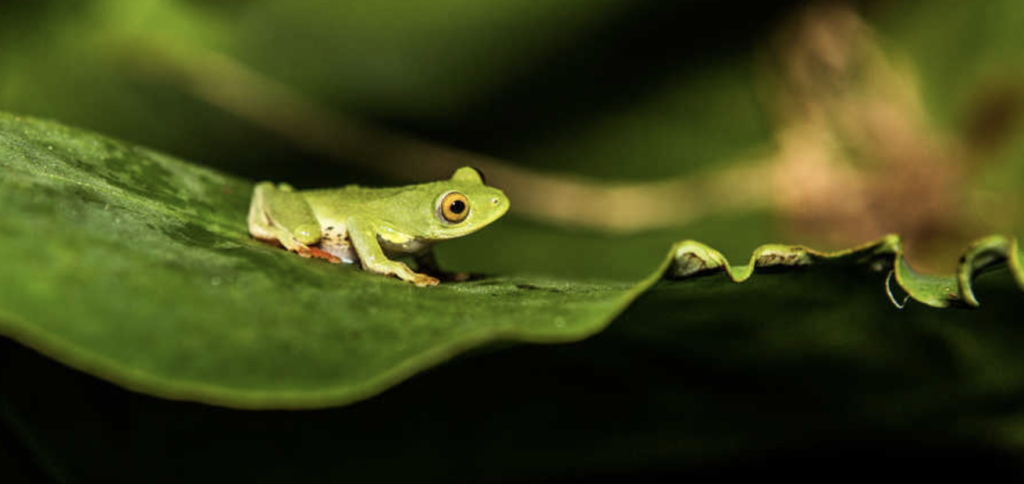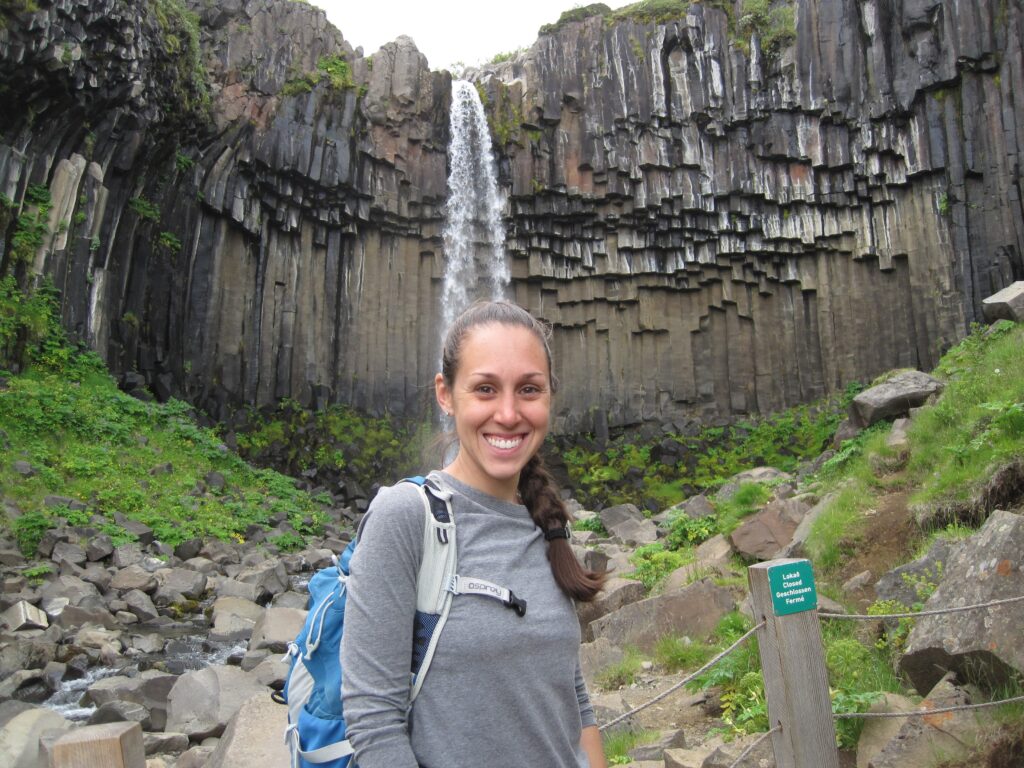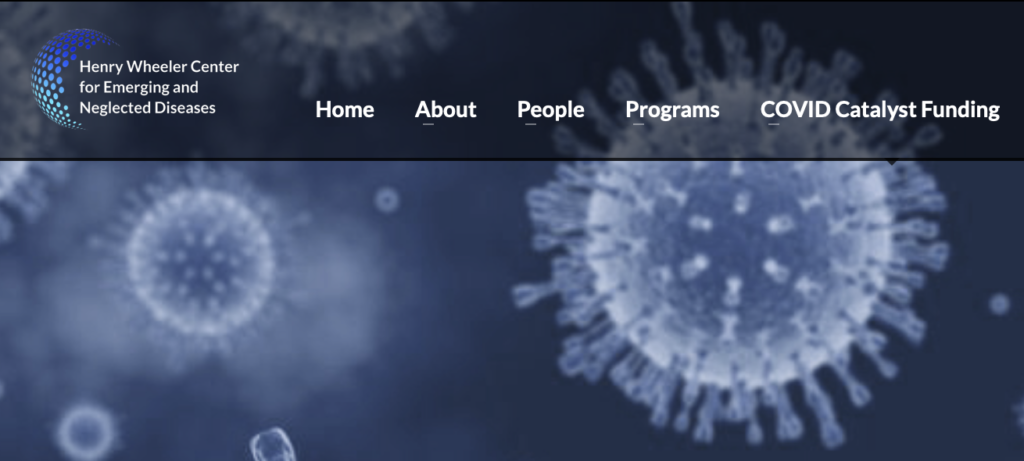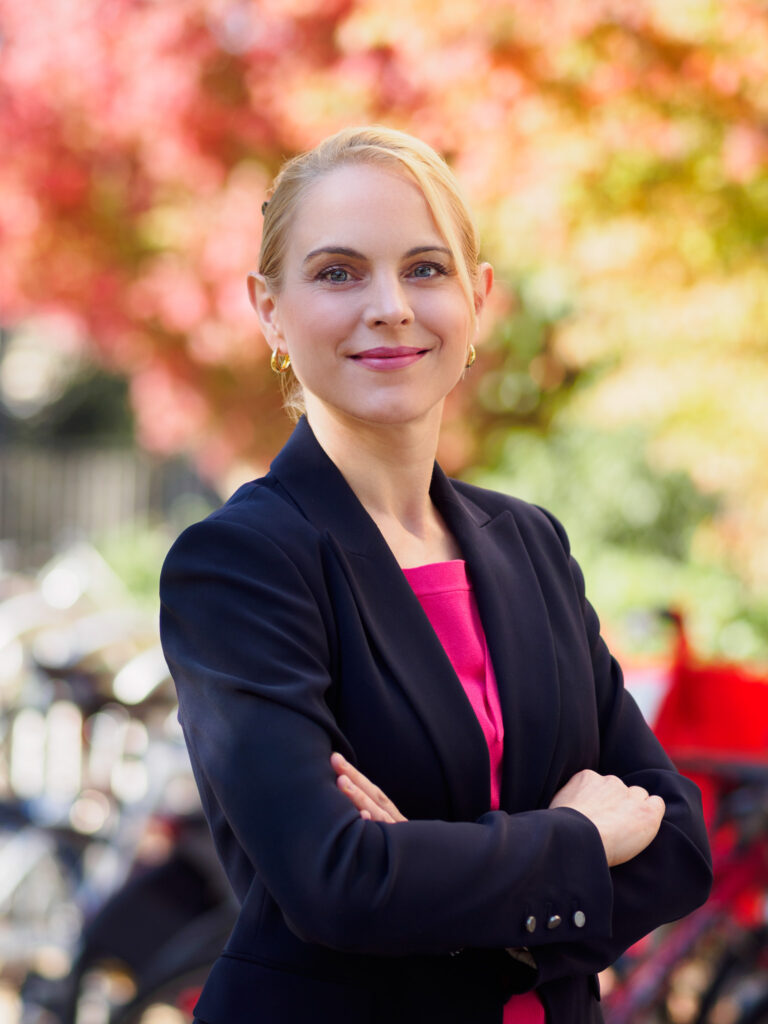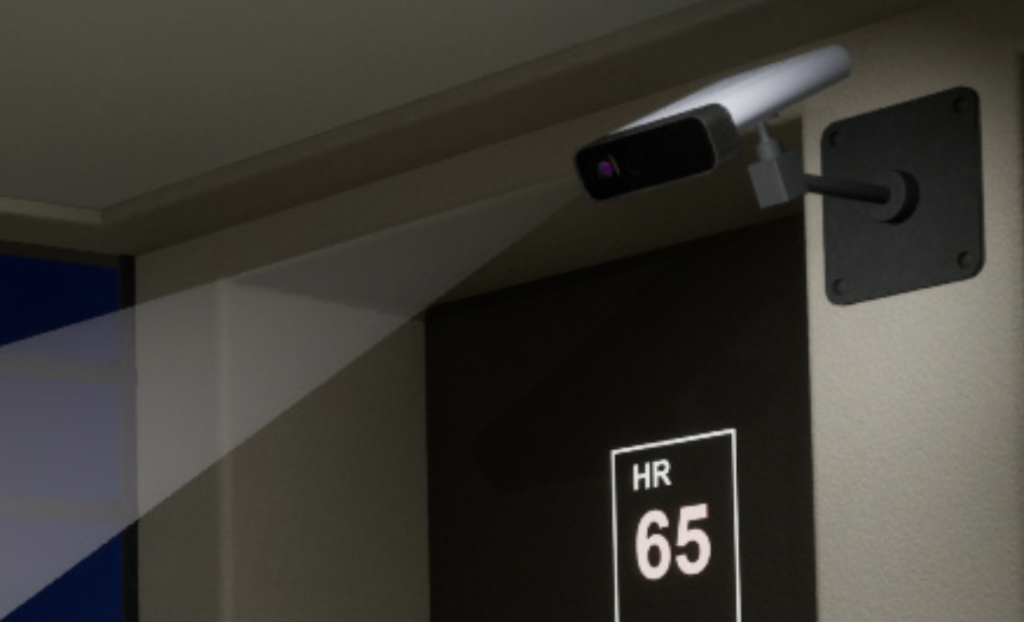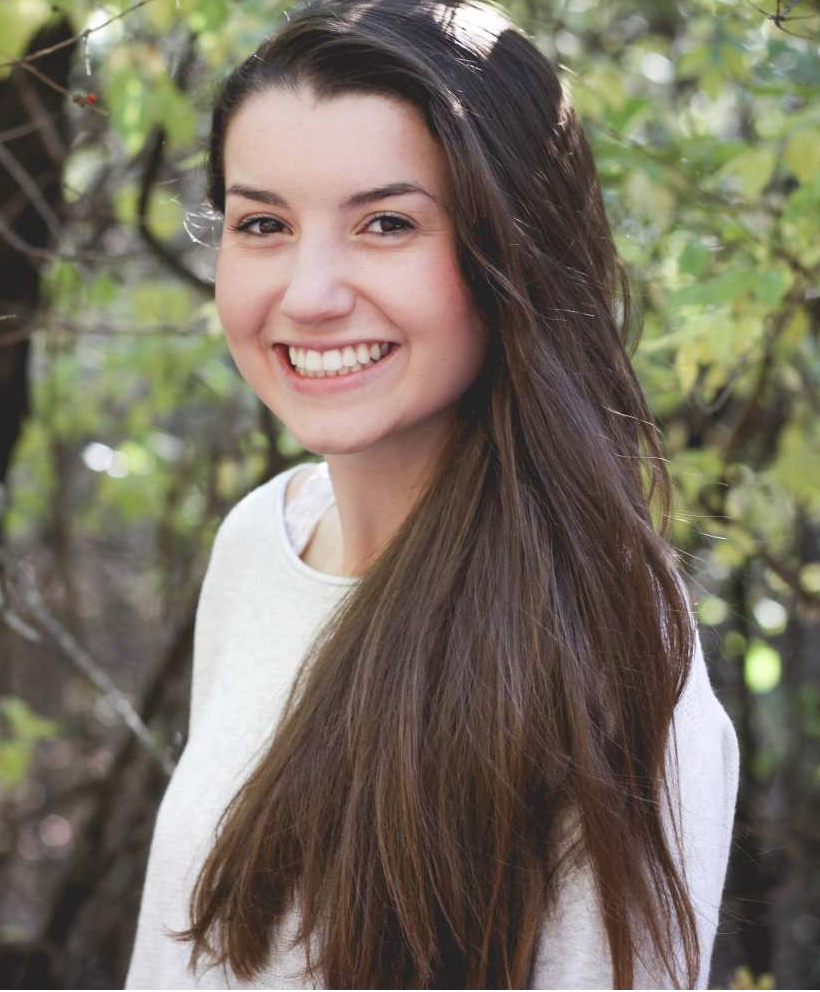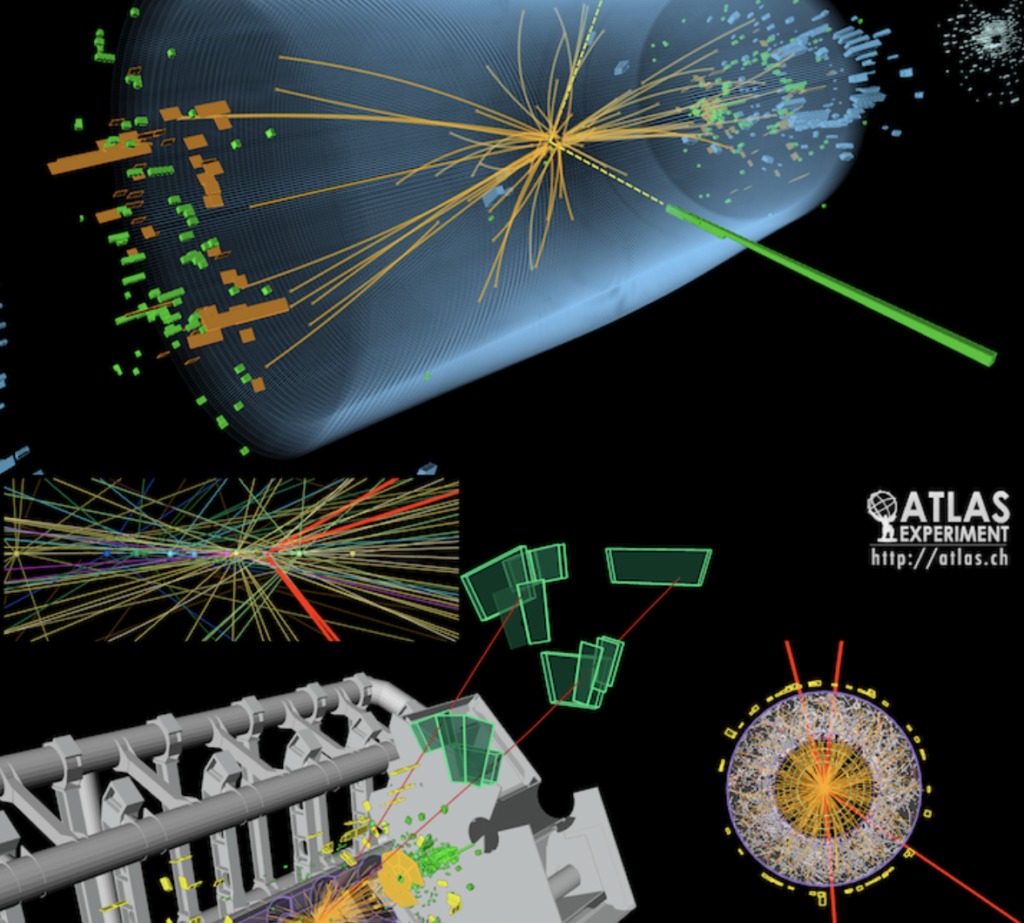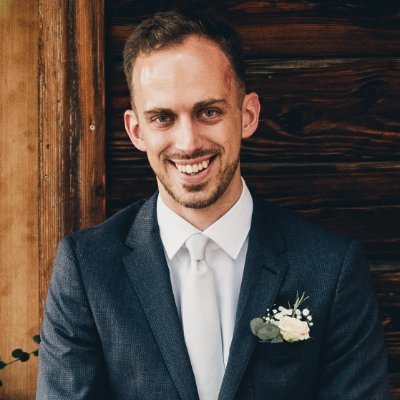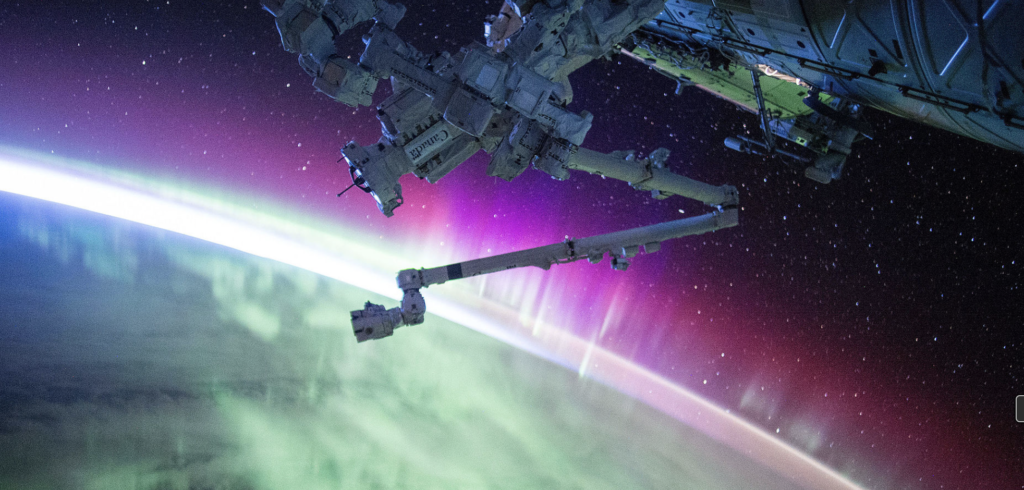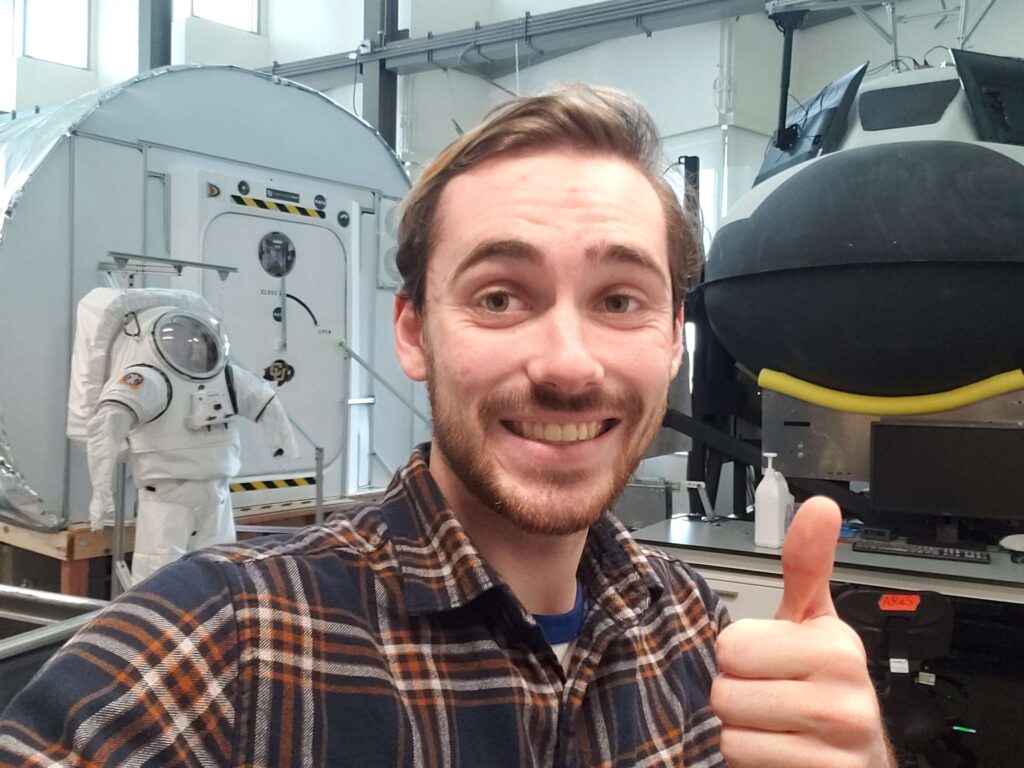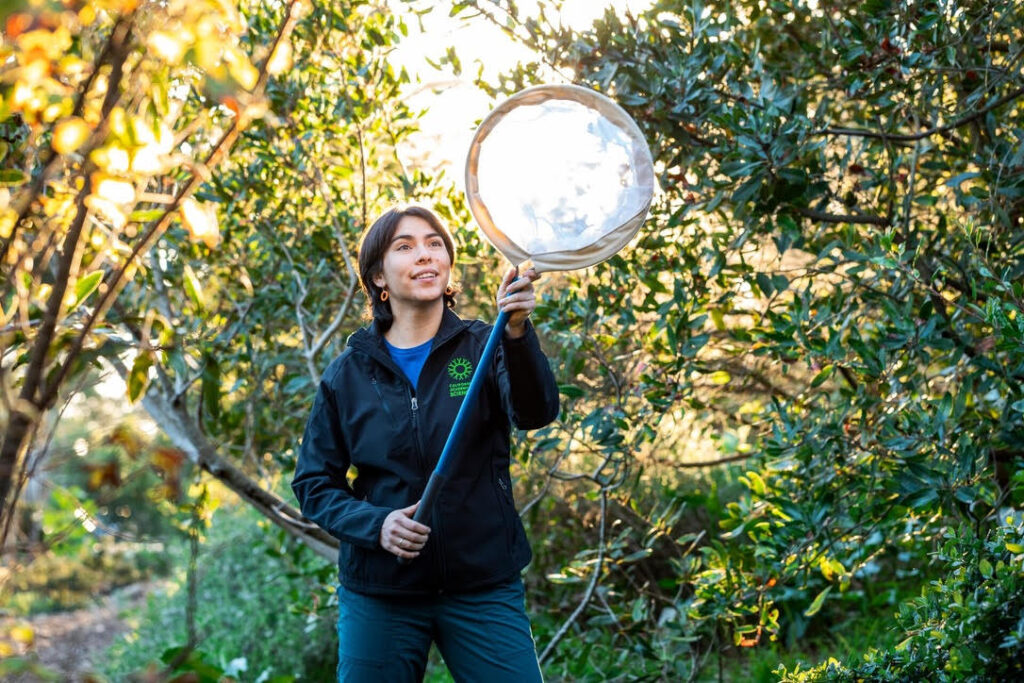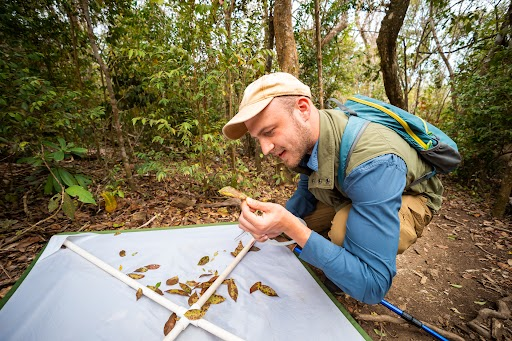Powering electric cars and storing renewable energy with energy-dense batteries
with Jason Lipton (TLHS ’13) of HRL Laboratories in Malibu, CA
ZOOM seminar Wed. March 6, 2024 | 7:30 – 8:30pm – Use the Contact Form to request an invite. Please state in the comments of the contact form that you would like a Zoom link, and let us know how you heard about the event.
Description: How can we power electric cars and store renewable energy? Energy-dense batteries are one solution. Learn about this and about the field of chemical engineering in this live Zoom presentation with Terra Linda High School alum, Jason Lipton.

Bio: Jason Lipton is a chemical engineer and research scientist at HRL Labs in Malibu, California. He is a graduate of Terra Linda High School (’13), UC Santa Barbara (BS Chemistry), Yale University (MS Chemical Engineering), and NYU (PhD Chemical Engineering).
Links:
